
Tai Chi as a Martial Art...
Tai Chi's roots historically stem from the martial arts. It was by combining the theories of chinese medicine and martial arts, that the importance of training both the mind and the body together with the spirit was recognised, and hence a potent system for combat developed. Thus each and every Tai Chi movement has a logical combative application. Although the strong ties to the martial arts, the trend of many Tai Chi classes still is to adopt a 'health only' approach at the expense of martial content. If allowed to speculate, there are many arguments for and against this current teaching trend. Maybe it is to do with consumer demand dictating Tai Chi's health benefits be at the forefront, or maybe it is due to the low supply of teachers able to demonstrate Tai Chi as a martial art. These are all valid arguments for receiving less combative instruction within many Tai Chi classes. However what is for sure, the Tai Chi fighter is definitely becoming a rarity.
What certainly seems to have an element of truth, is that latter argument, of increasingly more teachers having less combat experience. Achieving skill in Tai Chi boxing is by all means is not a simple task. Tai Chi training especially of the martial nature, necessitates some of the same qualities as other sporting pursuits. Like growing a tree from a seedling, the seedling must first be healthy, fit, and posses the potential and determination to grow and fulfil expectations. The same would be expected from the apprentice. Then for the seedling to realise it's potential and become the great tree it can, requires method, as well as accurate and measured, support and nurturing. This can only be achieved by providing the apprentice with an experienced and knowledgeable teacher. If the seedling is also to mature, the right environment is also imperative. And for the apprentice, the correct social, financial, and training environment, provide the sunlight.
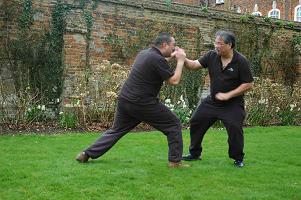 |
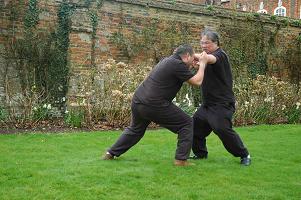 |
 |
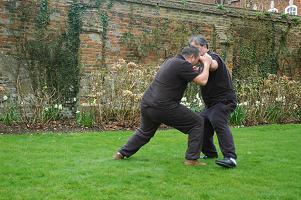 |
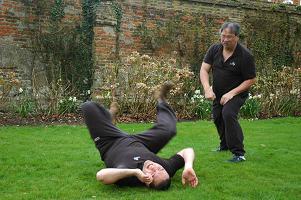 |
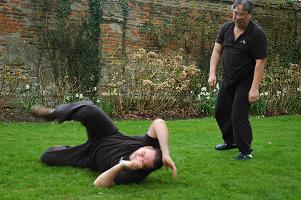 |
